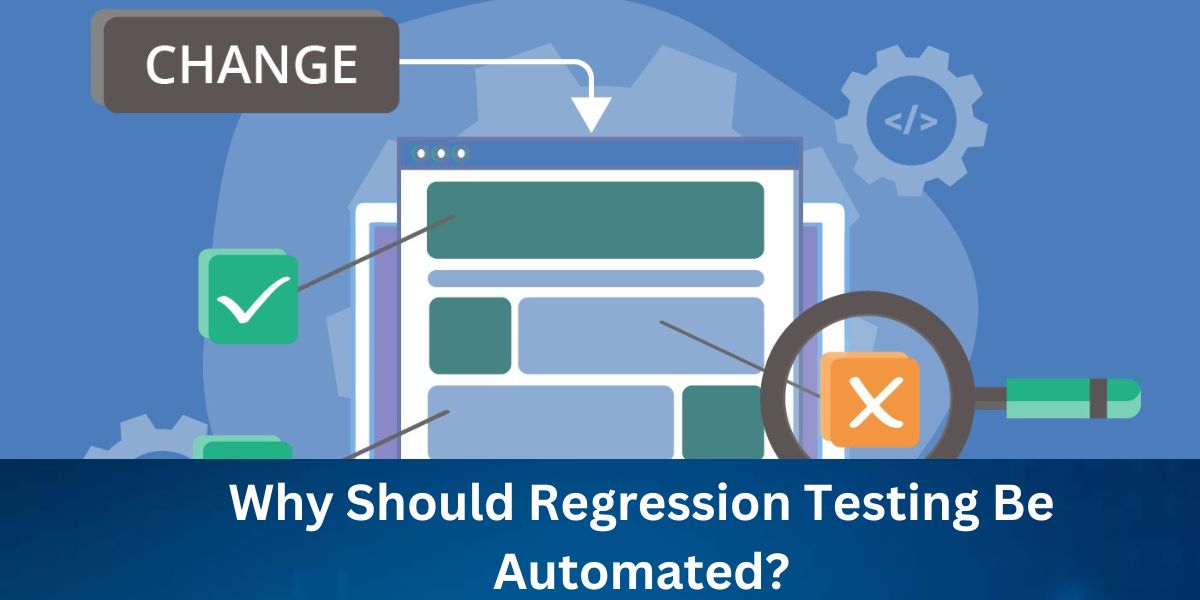Regression testing is one of the testing techniques used frequently in software development. Regression test gets its name from the fact that it involves “regressing”—going back—to the code that already exists to ensure that extra functionality, features, or upgrades don’t hurt it. As stated differently, regression testing verifies that the programme maintains its functionality even after modifications have been made to it.
Efficiency in terms of Time and Cost:
The substantial savings in testing cycle time and expense is one of the main factors propelling automated regression testing’s adoption. Because test cases must be continuously run for every version of the code, manual regression testing is a laborious procedure that requires testers to be extra careful. On the other hand, automated regression testing makes it possible for test scripts to run quickly, facilitating faster feedback on code modifications.
Testing Consistency:
Even with their greatest abilities, human testers can make mistakes, particularly when doing repetitive jobs. With automated regression testing, this human flaw is removed, guaranteeing reliable and accurate test script execution. For software development teams, this consistency acts as a dependable safety net by helping to identify minute flaws that could result from altered code.
Managing complex scenarios:
The modular and component dependencies of modern programmes are intricate, making them complex. It could be difficult for manual testing to accurately replicate and confirm these complicated circumstances. Such complexity is well suited for automated regression testing, which makes it possible to write complex test scripts that comprehensively evaluate the behaviour of the programme under various conditions.
Early Defect Detection:
In software development, time is of the essence, so overall programme defect detection is essential. Development teams can detect problems early and take swift action to fix them thanks to automated regression testing. Because of this prompt feedback loop, the program is better overall and fewer unsolved defects build up, which could later in the development process become serious issues.
Automated Testing Without Coding:
Automation testing tools have made testing more accessible, and non-technical stakeholders can now participate in regression testing without having to learn complicated coding techniques. This allows for regression testing without requiring coding knowledge. By removing barriers and encouraging a more inclusive approach to testing, this democratisation encourages cooperation between developers, testers, and business analysts. Teams are able to iterate quickly and productively thanks to automated testing without coding, which fosters an effective and cooperative development process.
Optimised Test Script Reusability:
When conducting manual testing, it might be a labor-intensive operation to design and carry out test cases for every regression cycle. Test scripts that are simply reusable and adaptable for new versions can be created thanks to automated regression testing.
Conclusion
Opkey is a comprehensive test automation platform that facilitates effective automated regression testing. Utilizing its flexible features and user-friendly interface can speed up software development processes by enhancing test script reusability, enhancing early defect identification, and enabling automated testing without scripting. Opkey is an indispensable tool for contemporary software development since it helps teams manage complicated scenarios effectively, test consistently, and save time and money.















